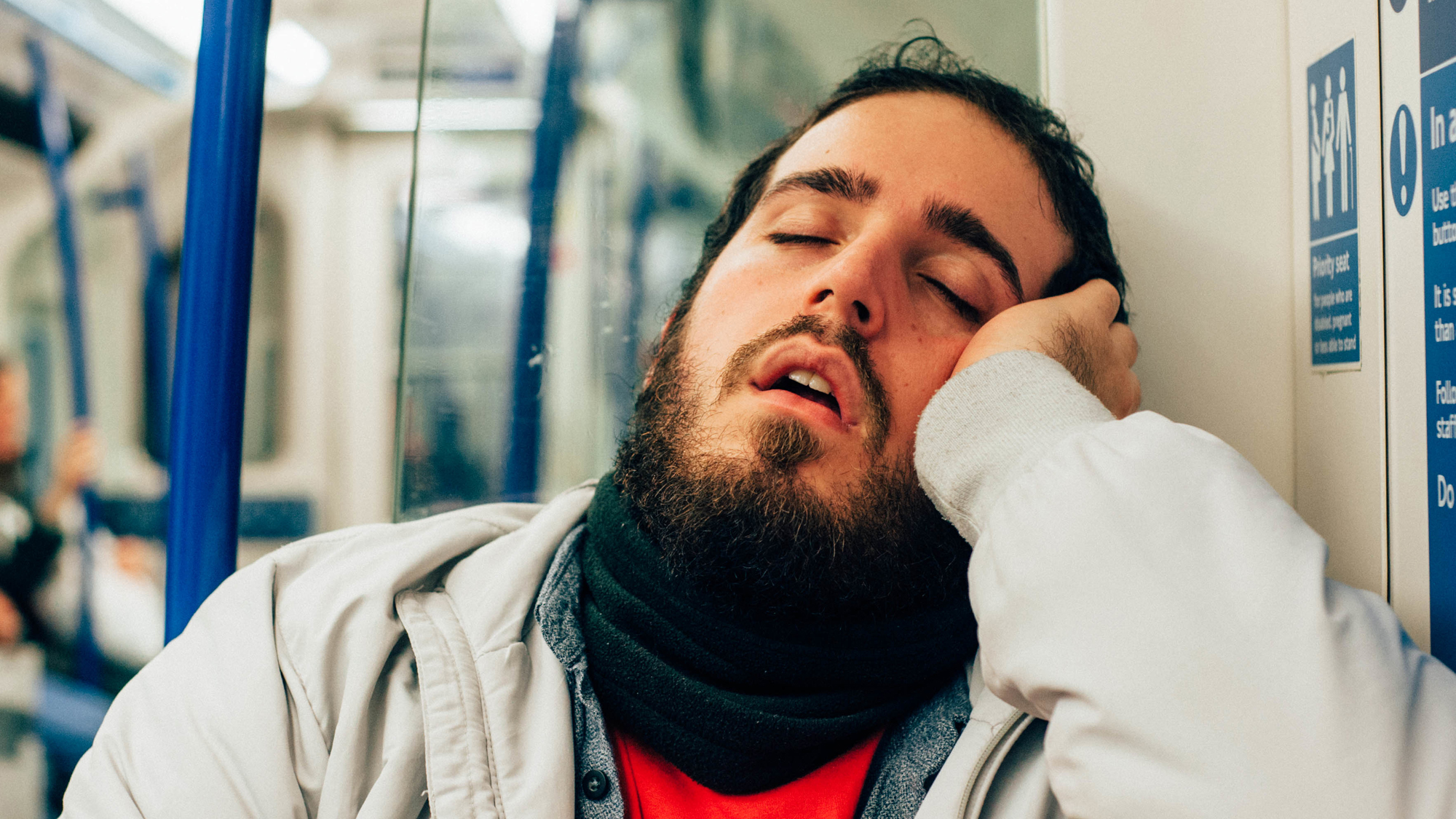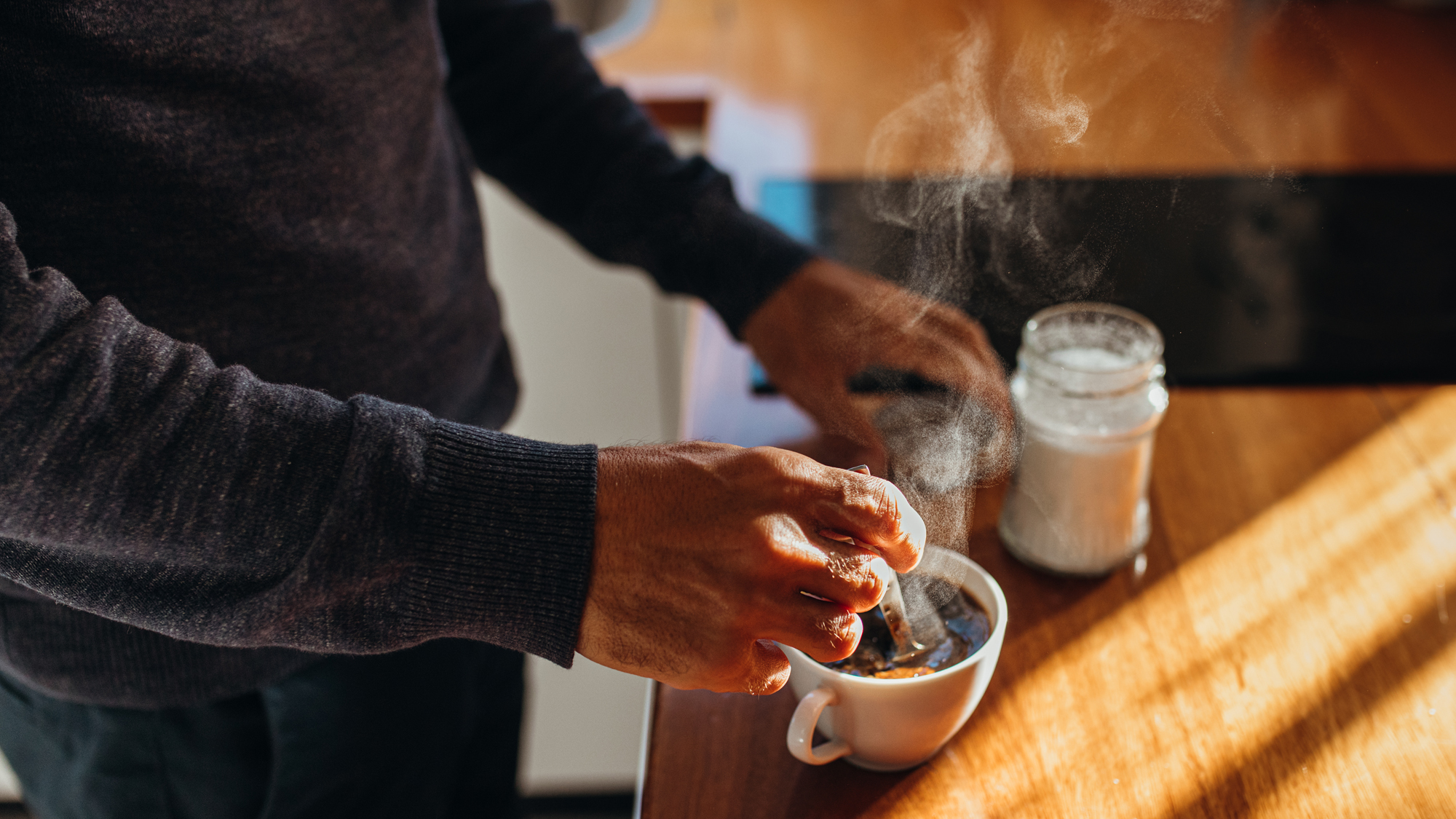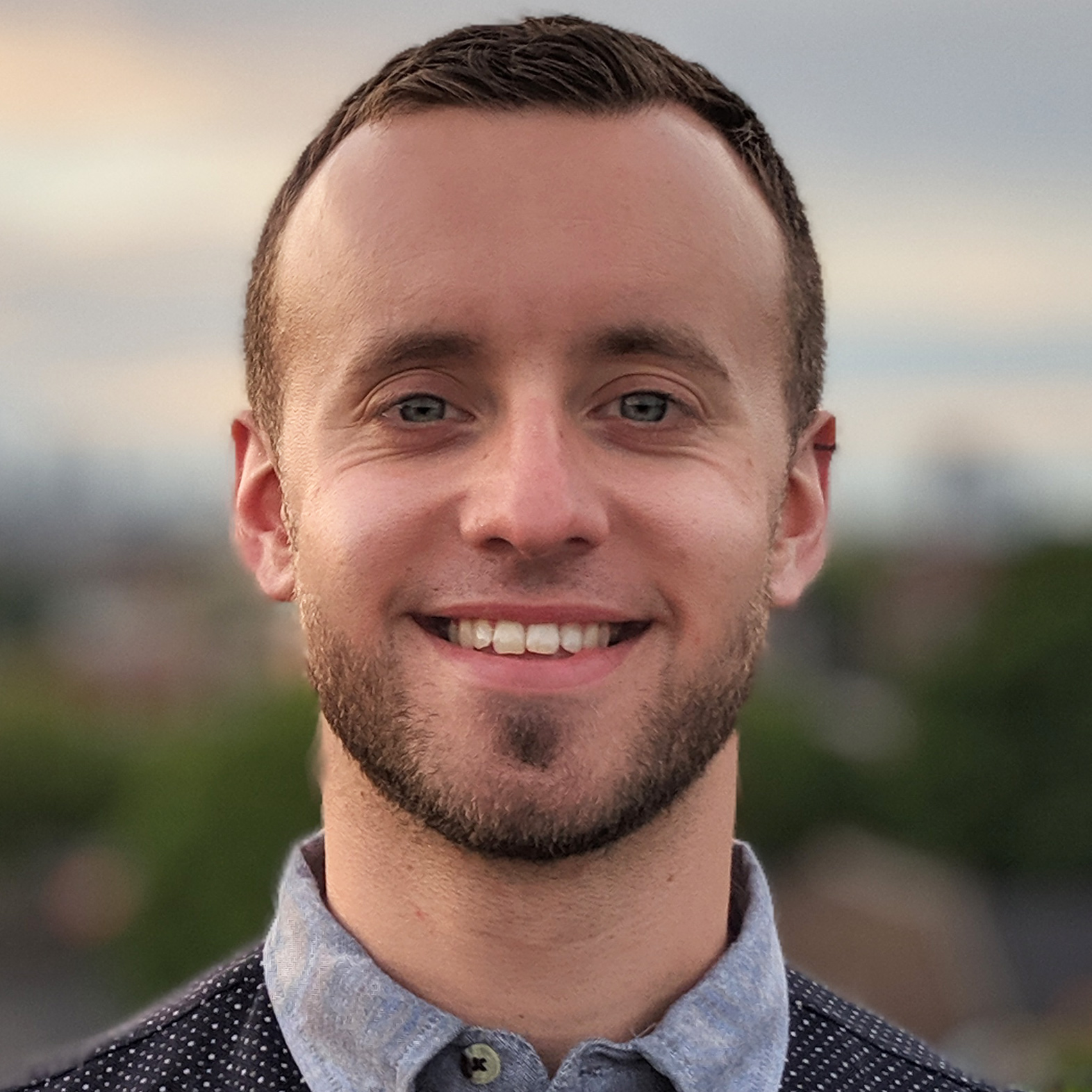It takes more than a strong coffee to overcome sleep deprivation - here's why
It can take over a week to recover from a lack of sleep, so it's best to focus on getting high-quality shuteye


Start your week with achievable workout ideas, health tips and wellbeing advice in your inbox.
You are now subscribed
Your newsletter sign-up was successful
Following a lousy night's sleep, most of us head to the local coffee store to get a quick pick-me-up to battle the effects of a restless night. While this ritual has its benefits, like making you feel more alert, it's not the solution many of us had been led to believe.
New research suggests it may take more than a week of restful shuteye to undo the damage of a prolonged period of disturbed sleep.
The research from Jagiellonian University in Kraków looked at the impact of sleep deficiency on a range of measures, including reaction times, cognitive flexibility and activity levels. The participants had 10 days of sleep restriction followed by seven days of regular sleep.
During this time, they wore fitness tracker-style activity monitors on their wrists and participated in daily EEG readings to monitor their brain activity. On top of this, each participant completed Stroop tasks each day to track their reaction times and accuracy.
Following the seven-day recovery period, the researchers found that reaction times had returned to the pre-study baseline. However, all other measures were still lower than before the 10-day sleep deprivation experiment.

Your early-morning coffee can help compensate for a temporary drop in alertness, but it has little effect on overall brain activity or how accurately you complete a task.
Researchers at the University of Michigan previously found that caffeine has little impact on your ability to undertake placekeeping - a repeated task with multiple steps - without skipping or repeating steps.
Start your week with achievable workout ideas, health tips and wellbeing advice in your inbox.
Interestingly, the team at Jagiellonian University suggests that the reduced performance after a period of inadequate sleep could be related to so-called 'local sleep,' where only certain portions of the brain are asleep while others remain awake.
Another theory is that the brain readjusts connections in the short term to deal with the lack of sleep. These temporary changes then persist for a brief time, even after a period of more restful sleep. While we might not fully understand the cause, the research does highlight that the best way to overcome sleep deprivation is to prevent it in the first place.
You can't always help how you sleep, but you can create the ideal conditions by making a calm atmosphere with one of the best diffusers for essential oils or investigating the best mattress toppers.

James is a London-based journalist and Fitness Editor at Fit&Well. He has over five years experience in fitness tech, including time spent as the Buyer’s Guide Editor and Staff Writer at technology publication MakeUseOf. In 2014 he was diagnosed with a chronic health condition, which spurred his interest in health, fitness, and lifestyle management.
In the years since, he has become a devoted meditator, experimented with workout styles and exercises, and used various gadgets to monitor his health. In recent times, James has been absorbed by the intersection between mental health, fitness, sustainability, and environmentalism. When not concerning himself with health and technology, James can be found excitedly checking out each week’s New Music Friday releases.